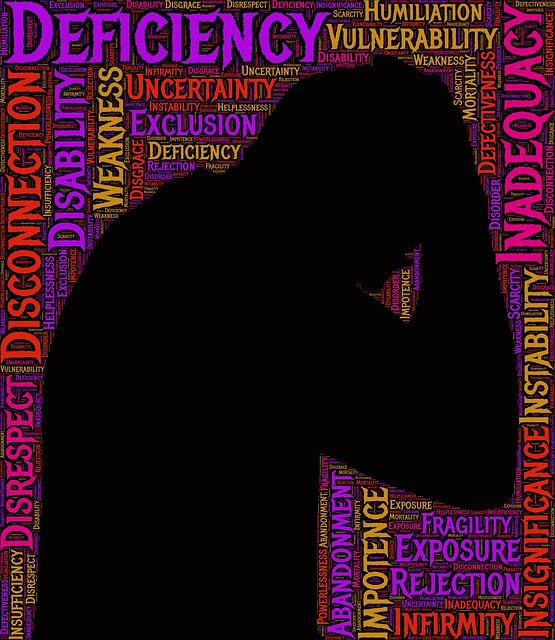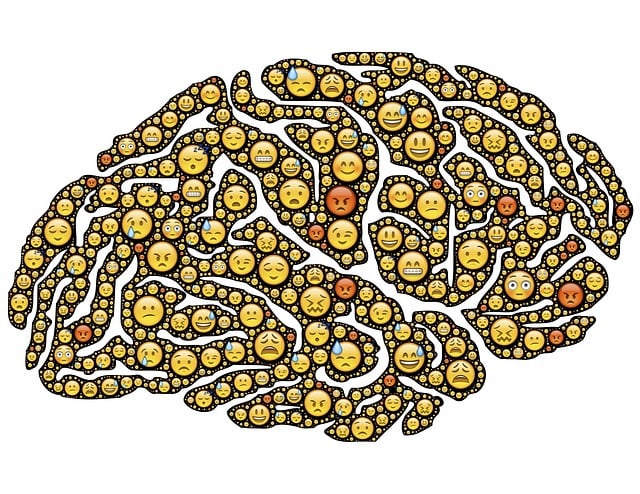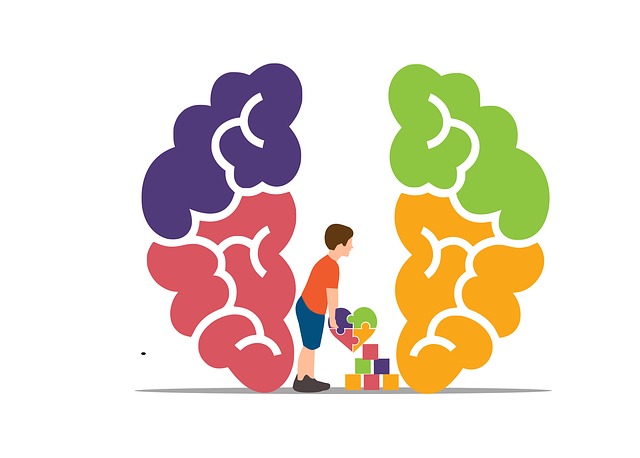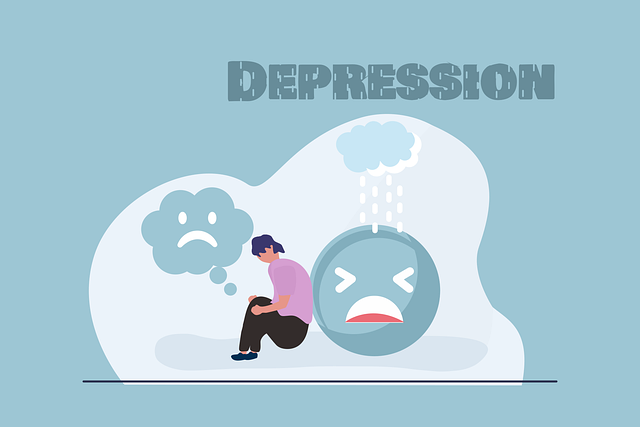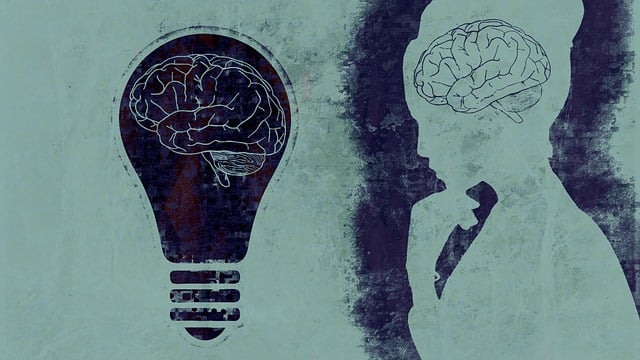Self-care is a vital tool in managing Obsessive Compulsive Disorder (OCD), focusing on physical, mental, and emotional well-being. Through Arvada OCD therapy, individuals learn to identify triggers and develop tailored coping strategies, including mindfulness and stress management techniques. Overcoming barriers like busy schedules involves communication skills and mindfulness meditation. Risk management planning ensures sustainable self-care practices. Integrating self-care with specialized therapy improves treatment outcomes for OCD and depression, fostering confidence, balance, and improved quality of life in Arvada, Colorado.
Self-care is an essential aspect of maintaining good mental health, yet many struggle with incorporating effective practices into their daily routines. This article explores the profound impact of self-care on mental well-being and provides a comprehensive guide to overcoming barriers. We delve into actionable strategies for enhancing self-care, particularly focusing on how these techniques can be integrated with Arvada Obsessive Compulsive Disorder (OCD) therapy for holistic healing.
- Understanding Self-Care and Its Impact on Mental Health
- Identifying Barriers to Effective Self-Care Practices
- Strategies for Enhancing Self-Care Routines
- Integrating Self-Care with Arvada Obsessive Compulsive Disorder (OCD) Therapy
Understanding Self-Care and Its Impact on Mental Health

Self-care is a fundamental practice that involves attending to one’s physical, mental, and emotional well-being. It is an essential component of maintaining good mental health, especially for individuals dealing with conditions like Obsessive Compulsive Disorder (OCD). Understanding self-care is crucial in the context of OCD therapy in Arvada, as it empowers individuals to take charge of their mental health. By incorporating various self-care strategies, such as mindfulness exercises, stress management techniques, and engaging in enjoyable activities, people with OCD can reduce anxiety and improve their overall well-being.
The impact of self-care on mental health cannot be overstated. It acts as a protective measure against the exacerbation of symptoms and promotes a sense of balance. Public awareness campaigns development can play a significant role in educating folks about the importance of self-care, while risk management planning for mental health professionals ensures that individuals receive tailored support. Conflict resolution techniques, when integrated into self-care routines, can help individuals navigate challenging thoughts and behaviors associated with OCD, fostering a healthier mindset.
Identifying Barriers to Effective Self-Care Practices

Many individuals struggle to prioritize self-care due to a variety of barriers that can be both internal and external. For those dealing with conditions like Obsessive Compulsive Disorder (OCD), engaging in consistent self-care practices might seem daunting or even counterintuitive. Arvada OCD therapy offers valuable insights into addressing these challenges by helping clients understand their unique triggers and develop tailored strategies for coping.
Effective self-care involves a balance of physical, mental, and emotional well-being. However, obstacles such as overwhelming schedules, societal pressures, or lack of awareness about healthy habits can impede progress. Communication strategies learned through therapy play a crucial role in overcoming these barriers. Mindfulness meditation techniques are often integrated into self-care routines to foster calmness and clarity, enabling individuals to make conscious choices that support their mental health. Additionally, risk management planning for mental health professionals equips them with tools to predict and navigate potential challenges, ensuring sustainable self-care practices over time.
Strategies for Enhancing Self-Care Routines

Self-care practices play a pivotal role in maintaining mental well-being and combating issues like depression and obsessive-compulsive disorders (OCD). In Arvada, Colorado, where access to specialized therapy is abundant, individuals can leverage professional support for effective self-care routines. One powerful strategy is resilience building, which equips people with the mental fortitude to navigate life’s challenges without succumbing to anxiety or OCD symptoms. Workshops and groups focused on stress management are also valuable tools. These sessions teach techniques like mindfulness meditation, deep breathing exercises, and progressive muscle relaxation, helping individuals calm their minds and bodies in stressful situations.
Additionally, engaging in regular physical activity, maintaining a balanced diet, and securing sufficient sleep are fundamental self-care practices that contribute to overall mental health. For those dealing with OCD or depression, these habits can be fostered through structured plans and, if needed, professional guidance from therapists specializing in Arvada Obsessive Compulsive Disorder Therapy. Organizations dedicated to depression prevention often offer valuable resources, support groups, and educational programs designed to promote healthy self-care routines.
Integrating Self-Care with Arvada Obsessive Compulsive Disorder (OCD) Therapy

Integrating self-care practices with Arvada Obsessive Compulsive Disorder (OCD) therapy can significantly enhance treatment outcomes. OCD often involves intense, repetitive thoughts and behaviors that can consume a person’s daily life, leaving little room for self-nurturing. By incorporating strategies like conflict resolution techniques to manage anxiety, individuals can gain a sense of control and reduce the urge to engage in compulsive rituals. This dual approach not only addresses the symptoms but also promotes self-awareness exercises, enabling people with OCD to understand their triggers and develop healthier coping mechanisms.
Self-care becomes a powerful tool when tailored to individual needs, ensuring that the mind and body are nurtured alongside the treatment process. It encourages breaks from ritualistic behaviors, fosters confidence boosting activities, and creates a balanced lifestyle—all vital components in managing OCD effectively. This holistic integration ensures that individuals receive comprehensive support, leading to improved well-being and an enhanced quality of life.
Self-care is a powerful tool for improving mental health, as evidenced by its positive impact on individuals managing conditions like Arvada Obsessive Compulsive Disorder (OCD). By identifying barriers and implementing strategies to enhance self-care routines, people can navigate their OCD therapy with greater resilience. Understanding the importance of self-care and adopting effective practices can lead to a more balanced and fulfilling life.
